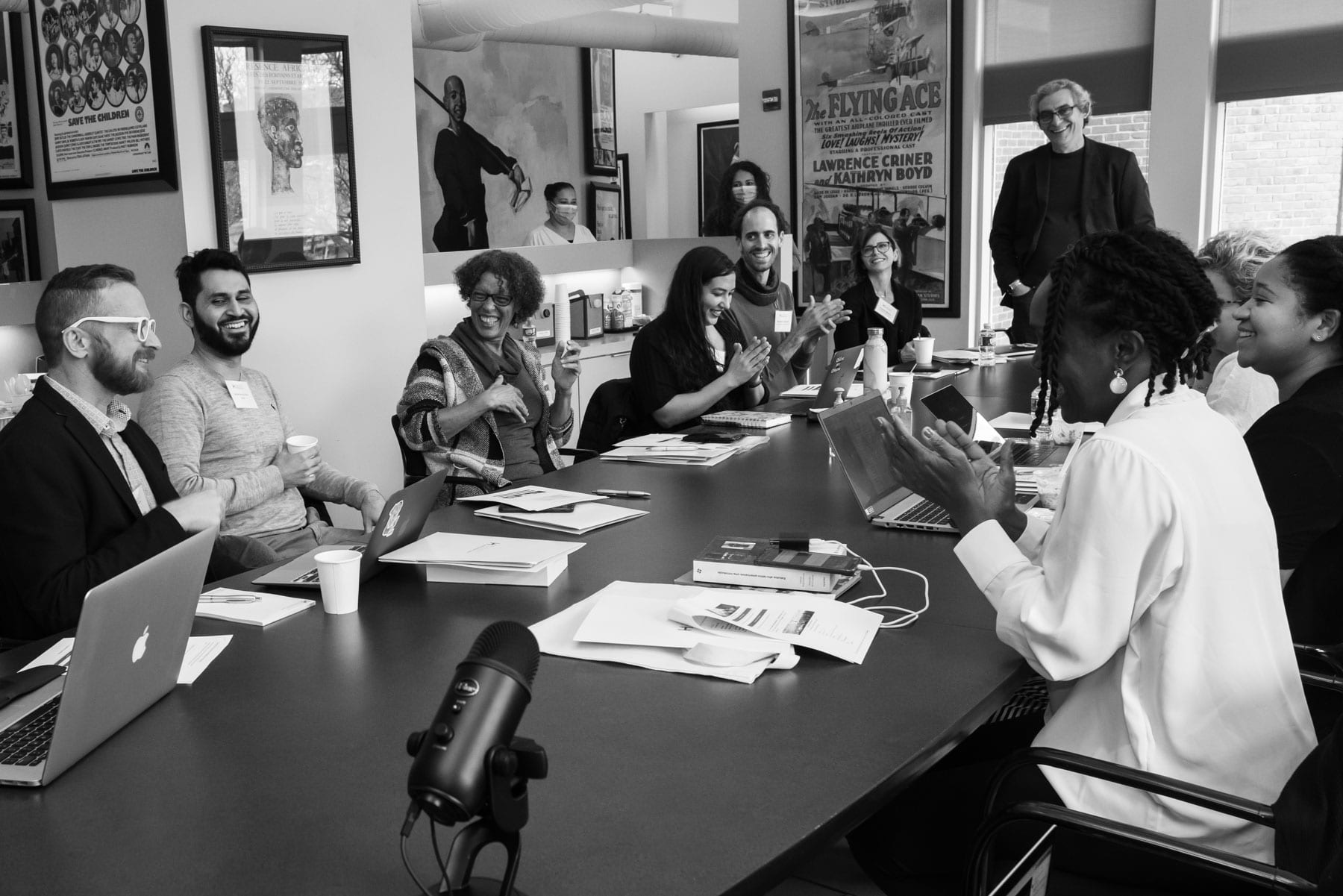104 Mount Auburn Street 2R, Cambridge MA 02138

In early 1900s Buenos Aires, an Afro-Argentine woman who went by the name of Florentina Díaz (1845-1911) gained notoriety in the city’s popular culture. At a time when the law was the purview of wealthy white men, Florentina, an assertive self-taught lawyer and a zealous litigant, made herself into a boisterous and ubiquitous presence in courts and police stations. By her own count, she brought more than sixty lawsuits to local courtrooms between 1871 and 1910. Contemporary and posthumous periodical coverage, memoirs, plays and popular poetry delighted in mocking the “litigious mania” of the woman writers called “la negra Florentina,” dismissing her legal pursuits as ignorant, frivolous, or fraudulent. In 1900, Florentina was convicted of imposture and sent to prison. Yet her body of advocacy tells a more complicated story about the nature of identity and its legal expression in a post-abolition society singularly unwilling to consider slavery’s enduring legacies. This talk shares some early findings in the new book project that Lea Geler and I are co-authoring with this extraordinary Afro-Argentine woman at its center.
Paulina L. Alberto, Professor of African and African American Studies and of History, a historian of Afro-Latin American lives, thought, and politics as they unfolded in the aftermath of slavery, particularly in Brazil and Argentina. Her work explores the intersections of ideas of race and nation in Latin America, with a focus on how Afro-Latin Americans have shaped and contested the region’s ideologies of racial inclusiveness in their ongoing struggles for recognition and equality.
Moderated by Alejandro de la Fuente
Free and open to the public, but registration is required: https://forms.office.com/r/TbwqMz1E30
